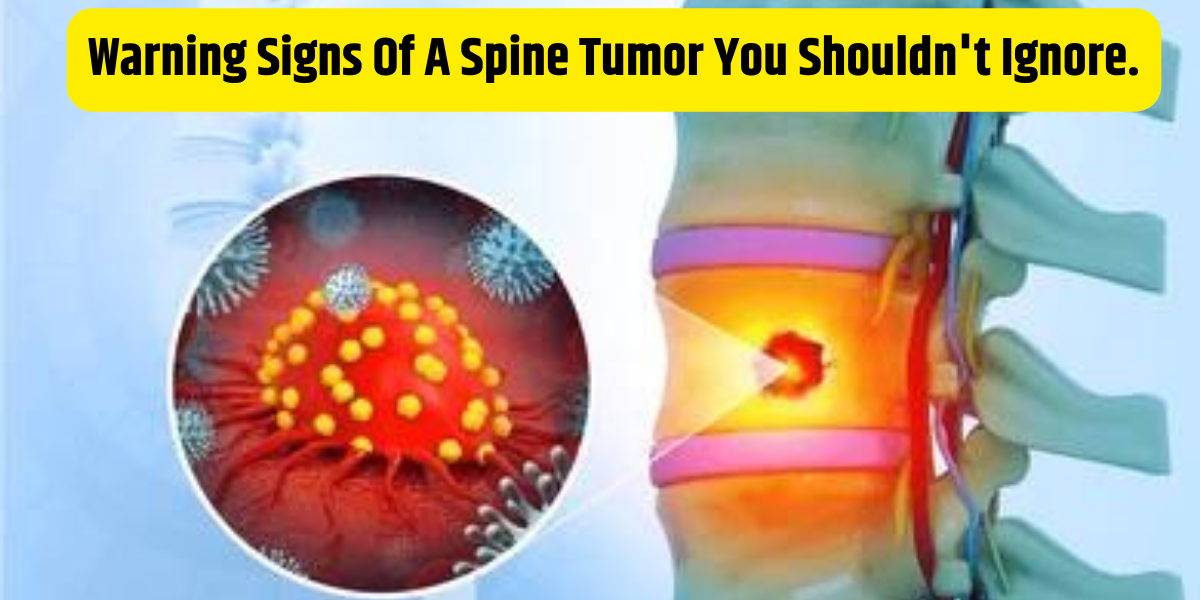Warning Signs of a Spine Tumor You Shouldn’t Ignore.
When it comes to your health, being vigilant and proactive can make all the difference. One area that often gets overlooked is the spine. Spine tumors, though relatively rare, are serious and need immediate medical attention. Here are some warning signs to watch out for, with insights from Dr. Shrikant Dalal, a renowned spine specialist in Pune at Orthos Centre .
What is a Spine Tumor?
A spine tumor is an unusual growth of cells in or near the spinal cord. These tumors can be non-cancerous (benign) or cancerous (malignant). They might start in the spine itself (primary) or come from cancer spreading from other body parts (secondary).
Why Should You Be Concerned?
The spine is not just a structural backbone but also houses the spinal cord, a crucial component of the nervous system. Tumors in this area can compress nerves, leading to various health issues, including paralysis. Recognizing the signs early can lead to effective treatment and better outcomes.
Warning Signs of a Spine Tumor
Constant Back Pain
One of the most common symptoms of a spine tumor is persistent back pain. Unlike typical back pain, which may come and go or change with movement, tumor-related pain is usually constant and worsens over time.
Radiating Pain
Pain that spreads to other parts of the body, like the arms or legs, might indicate nerve compression from a spine tumor.
Numbness or Weakness
Spine tumors can press on the spinal cord or nerves, leading to numbness, weakness, or tingling in your arms and legs. These sensations may worsen over time and can affect your ability to perform everyday activities.
Walking Difficulties
Tumors can impact your balance and coordination, causing difficulty in walking or even standing. This can be accompanied by a feeling of unsteadiness or frequent falls.
Loss of Bladder or Bowel Control
Severe nerve compression from a spine tumor can lead to incontinence or other bladder/bowel issues. This is a critical sign that requires immediate medical intervention.
Scoliosis
In some cases, a spine tumor can cause abnormal curvature of the spine, known as scoliosis. This can seriously impact your posture and overall spinal health.
When to See a Spine Specialist
If you are experiencing any of the above symptoms, it’s important to consult a spine specialist. Dr. Shrikant Dalal at Orthos Centre, Pune, emphasizes the importance of early diagnosis. Many spine tumors can be effectively managed if detected early. Ignoring these warning signs can lead to irreversible damage and complicate treatment, he advises.
Diagnostic Approaches
At Orthos Centre, Pune, Dr. Shrikant Dalal, a spine specialist in Pune, and his team use advanced diagnostics to accurately identify spine tumors. These include:
MRI and CT Scans: Detailed imaging techniques to visualize the spine and detect abnormal growths.
Biopsy: A sample of the tumor tissue may be taken to determine its nature (benign or malignant).
Neurological Exams: Comprehensive tests to assess nerve function and identify any impairments.
Treatments for spine tumor-
Treatment for spine tumors varies based on the type, size, and location of the tumor, as well as the patient’s overall health. Options include:
Surgery: To remove the tumor, especially if it’s causing significant symptoms or nerve compression.
Radiation Therapy: is often used for malignant tumors to destroy cancer cells.
Medications: To manage symptoms such as pain and inflammation.
Ignoring the warning signs of a spine tumor can lead to serious health repercussions. Persistent back pain, neurological symptoms, changes in sensation, and altered bladder or bowel function are critical signs that warrant medical attention. Dr. Shrikant Dalal and the expert team at Orthos Centre, Pune, are dedicated to providing comprehensive care and advanced treatment for spine tumors. Early detection and treatment are crucial for the best possible outcomes.


